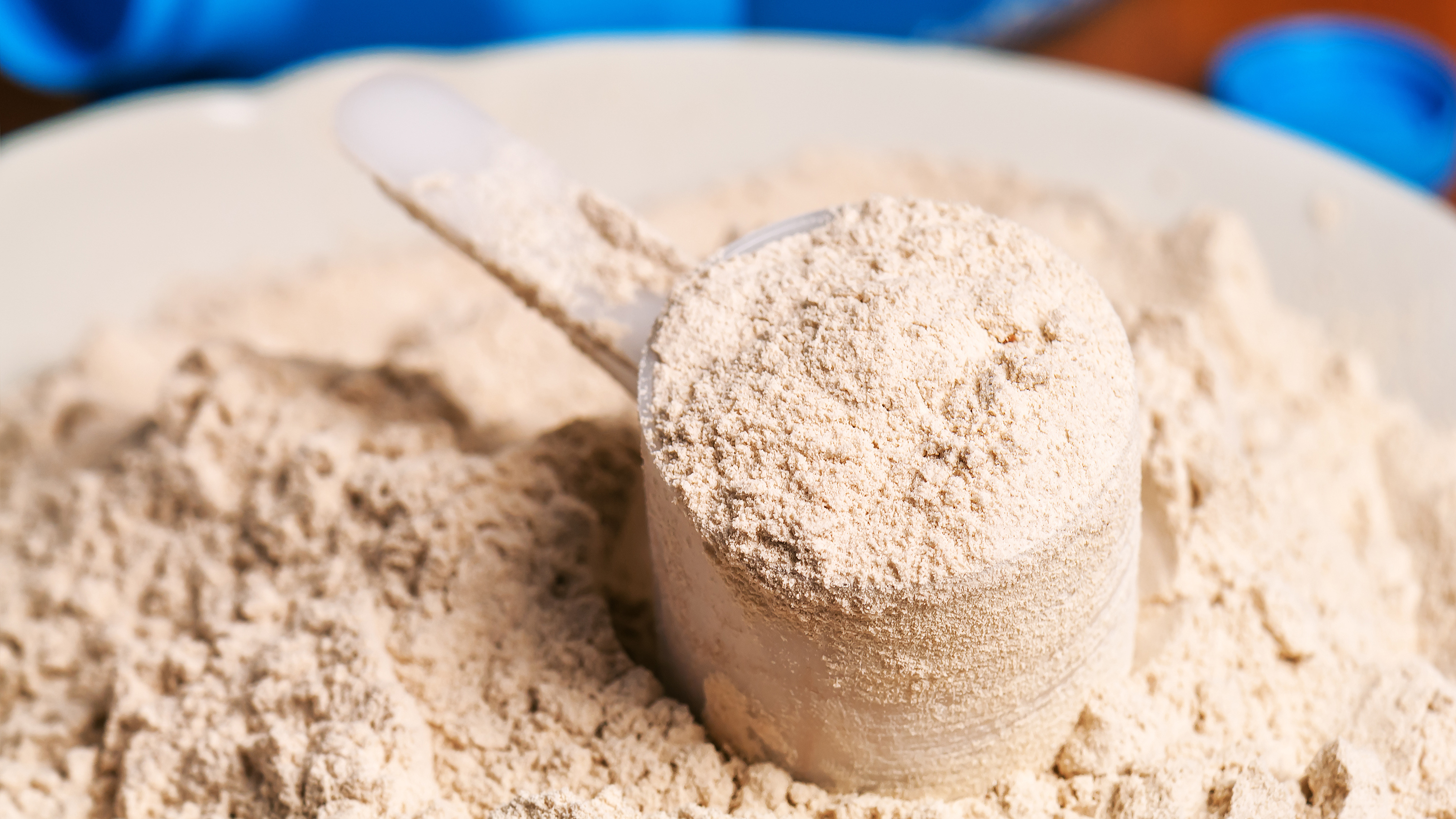You May Need To Get The Lead Out Of Your Protein Powder
Most people who put protein powder in their morning smoothies are doing so toward an effort to be healthier. But a Consumer Reports article today reports on a Clean Label Study that discovered people might be ingesting some unhealthier elements alongside the protein. CR reports that "many of the top-selling powders and drinks may contain concerning levels of heavy metals such as arsenic, cadmium, mercury, and lead, and toxins like bisphenol A, a chemical found in some plastic containers and food can liners. These substances have been linked to cancer, brain damage, and reproductive issues." The study states "that virtually all of the 134 products tested contained detectable levels of at least one heavy metal and 55 percent tested positive for BPA." Forty percent of the powders tested had metals at "elevated levels."
Researchers found that the metals are found in higher amounts in protein powders derived from plants, for the logical reason that the plants absorb heavy metals from the dirt they grow in. Powders listed as "organic" had higher levels of metals, because they contain more plant protein. Of the plant-based protein powders, the study found that "75 percent had measurable levels of lead."
Fortunately, Maxine Siegel, the dietician who heads CR's food testing lab, stresses that people should be able to get enough protein from their regular diet, in case this news leads you to want to reconsider your morning smoothie recipe. Or maybe just switch protein bases: Food Safety News notes that the study found "that no egg-based protein powders tested contained lead."
